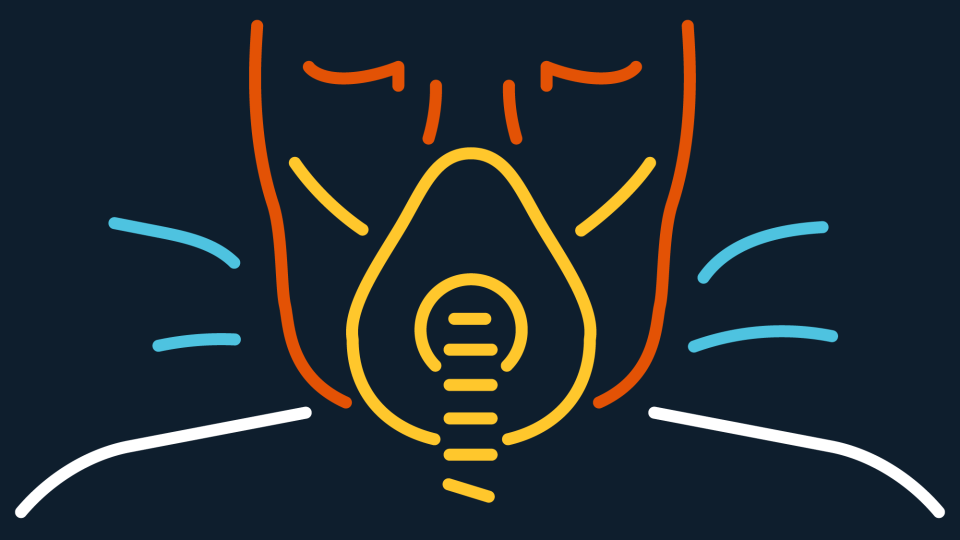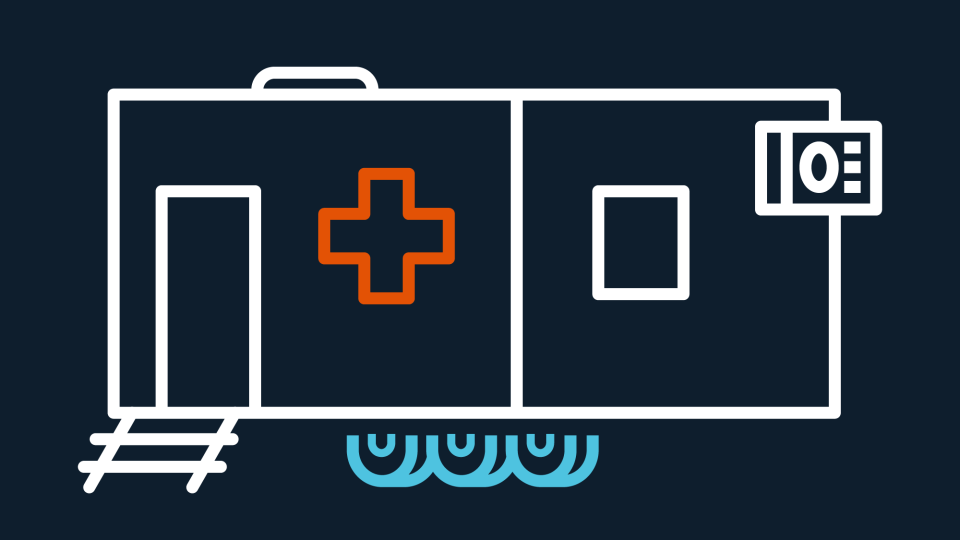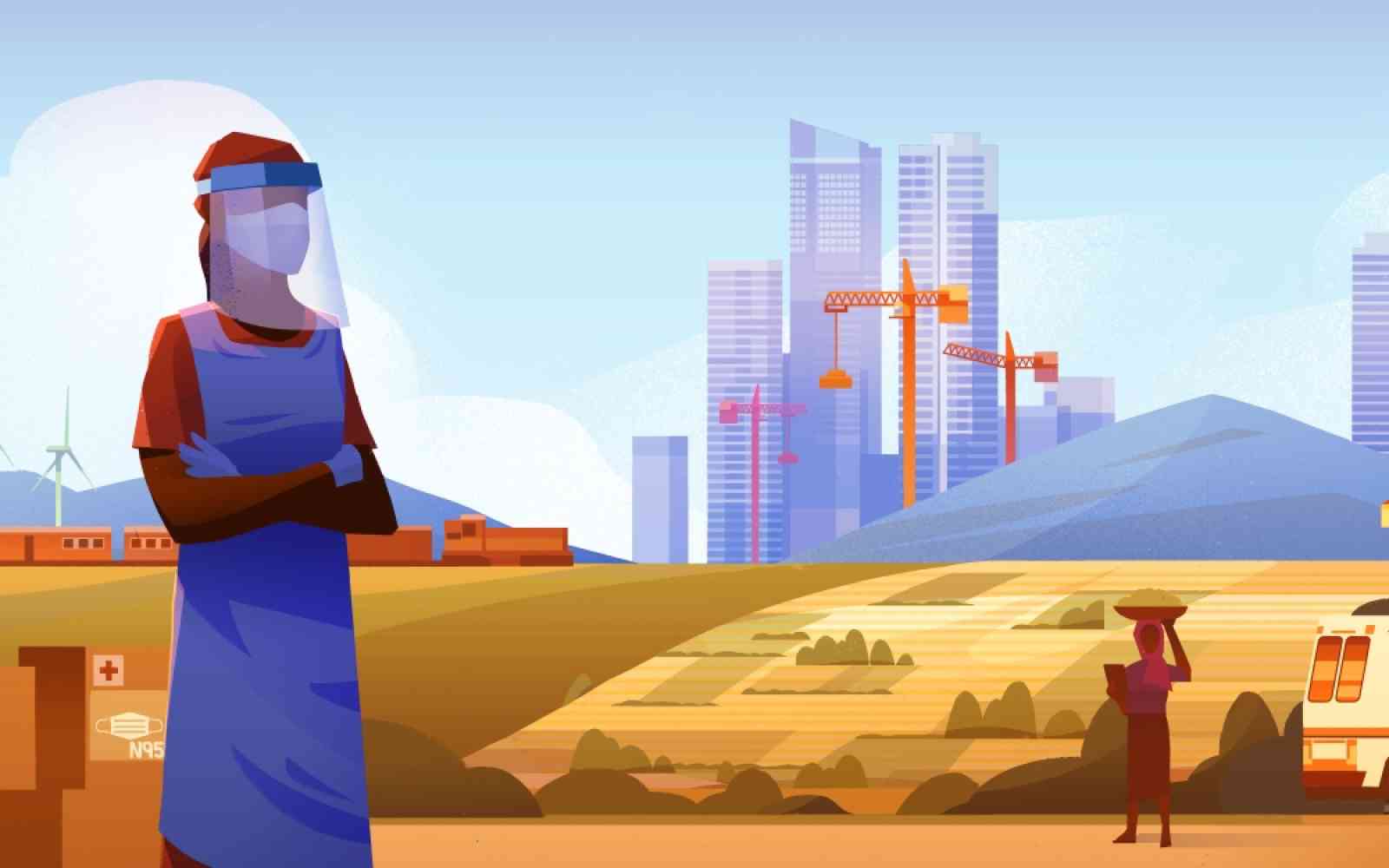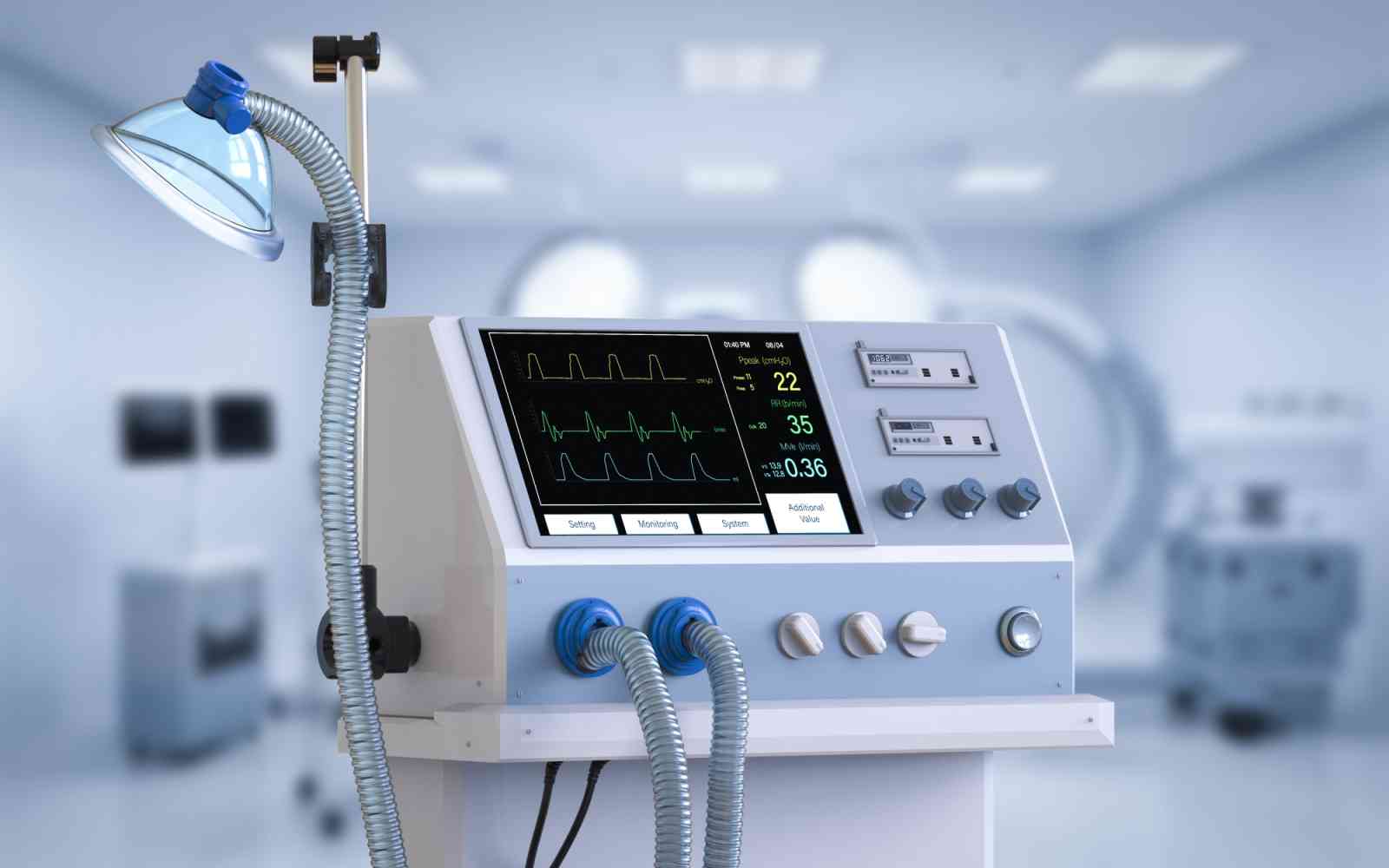The United Nations Office for Project Services (UNOPS)

Strengthening responses to COVID-19 in the Western Balkans
In March of this year, the World Health Organization declared COVID-19 a global pandemic. Like countries in every corner of the world, Western Balkan governments are racing to source emergency supplies and equipment to slow the spread of the deadly coronavirus.
This case study is featured in the 2020 sustainability report.
In Albania, Kosovo*, North Macedonia and Serbia, the European Union joined hands with UNOPS to support governments’ response efforts to this rapidly evolving health pandemic that has already claimed over 1,800 lives in this part of the world by mid-August 2020.
“We have been trained to cope with infections, to fight against these types of diseases. But, I can say freely that we have never faced an epidemic of this magnitude, fought a disease that is surrounded by so many unknowns,” says Dr. Biljana Petreska, Infectious Disease Specialist at the University Clinic for Infectious Diseases and Febrile Conditions in Skopje, North Macedonia.
The crisis has put medical personnel under immense pressure and created an immediate need for space, supplies and equipment to treat the growing number of coronavirus patients. They worked under these extraordinary circumstances while simultaneously trying to keep pace with the needs of people suffering from a range of other diseases.
“We had to have high intensity training because we have never had to deal with a pandemic like this before,” says one health worker from Kosovo who prefers to remain anonymous.
We are working under maximum stress because our COVID hospitals are full and we are having to refurbish old hospitals and university buildings to accommodate COVID patients [...] we receive patients of all ages.
“We know they have COVID but we also get them with other illnesses like heart and lung problems and many others [...] Unfortunately the existing equipment we have cannot cope with the demand of the new emergency,” the worker adds.




To help ease the unexpected pressure, the European Union mobilized millions of euro in funding. Within days of the pandemic being declared, UNOPS began emergency procurement procedures, with deliveries of items starting just a few weeks later.
“All this assistance serves not only as an immediate support for Serbia's fight against COVID-19, but also as part of the EU's continued support to the Serbian healthcare system. Many thanks to UNOPS for being our reliable and efficient partner throughout the most difficult period in helping us to help citizens of Serbia,” says Sem Fabrizi, EU Ambassador to Serbia.
Procured items included furnished and equipped triage containers, ventilators and devices for artificial ventilation, COVID-19 test kits, laboratory equipment, personal protective equipment and other items essential for the response.
With the help of UNOPS, the EU was the first donor to secure ventilators for the country at a time of high demand and short supply around the world. In this challenging context, the EU showed that it values the lives and health of the citizens of North Macedonia as those of EU citizens.
“The strength of UNOPS response to the COVID-19 outbreak in Serbia and North Macedonia was our capacity to implement a complex multi-pronged strategy that allowed us to launch our response plans within days. This included simultaneous dialogues with governments and the donor, harnessing relationships with suppliers and thorough market research,” says Michela Telatin, UNOPS Serbia Head of Office.
Brendan Keirnan, UNOPS Pristina Head of Office, notes: “When the pandemic hit, UNOPS team and experts mobilized immediately and worked tirelessly around the clock with partners to strengthen capacity at clinical hospitals and public health institutions so that they could offer an even higher standard of care in response to the COVID-19 pandemic."
“In Kosovo, we have invested about 5 million euro to provide the health authorities with medical supplies and equipment for the most critical needs. We take pride in it, as we managed to deliver all the supplies as planned, in the midst of the pandemic and despite many challenges. This would not have been possible without tireless efforts made by UNOPS Kosovo colleagues,” says Riccardo Serri, Acting Head of the EU Office in Kosovo.

Efforts to strengthen health capacity will be crucial in the uncertain months and years ahead. The sudden demand for medical supplies and other equipment has exposed global inequalities in access. The unexpected emergency revealed a critical gap in medical equipment and supplies as well as the challenges of procuring these things in time to keep up with demand. It has shifted the balance of power from buyer to supplier and has encouraged governments to take a hard look at their procurement processes in a way that goes beyond meeting the immediate needs during the pandemic, to establishing health infrastructure and procurement approaches that will be sustainable in the longer-term.
“I know that we will fight this pandemic and see it go away. But, nothing will be the same as before. I am convinced that we will appreciate more the things that we used to take for granted. The contact with other people and the freedom of movement. The responsibility for our personnel and the public’s health. And certainly the solidarity with others,” says Dr Petreska.





















